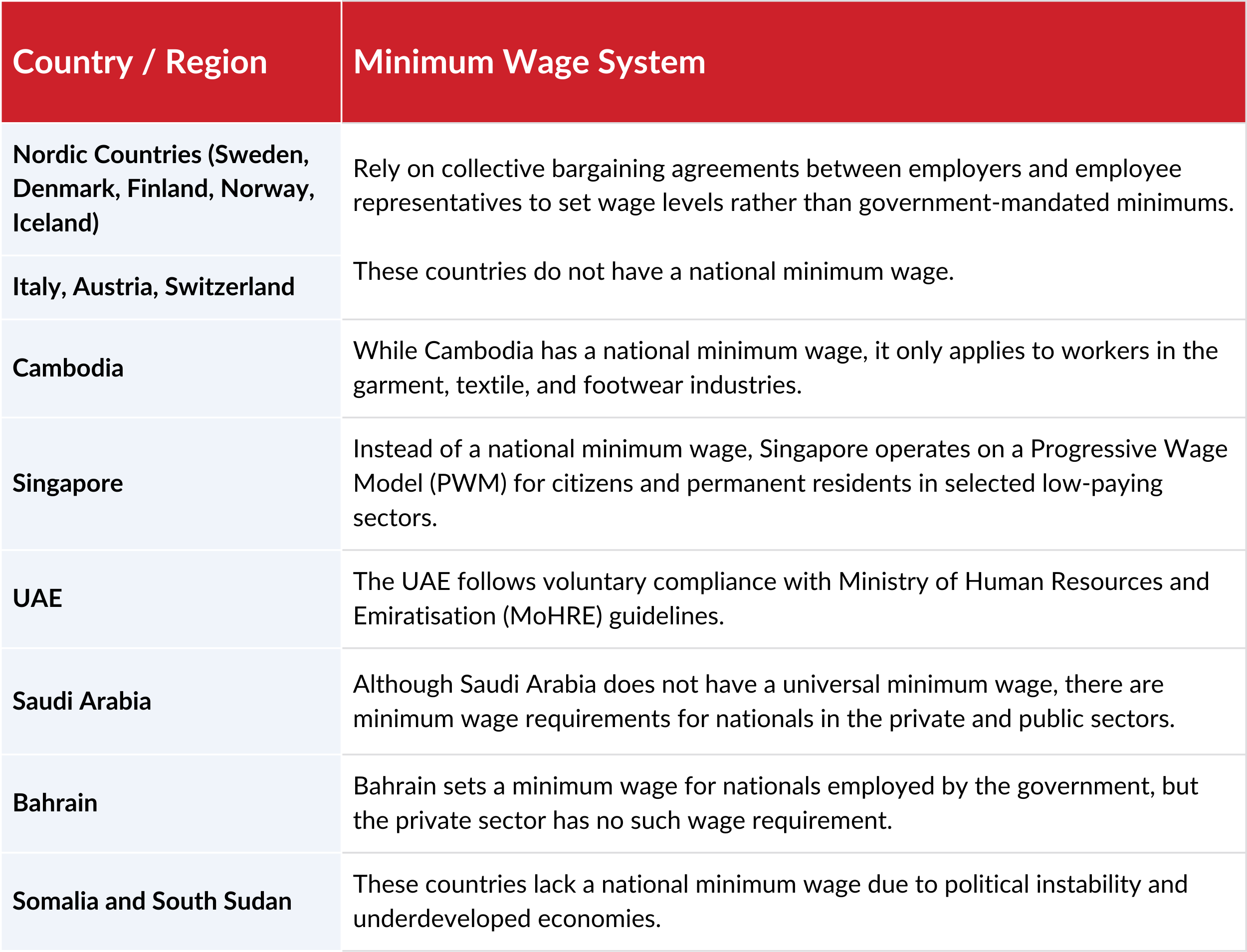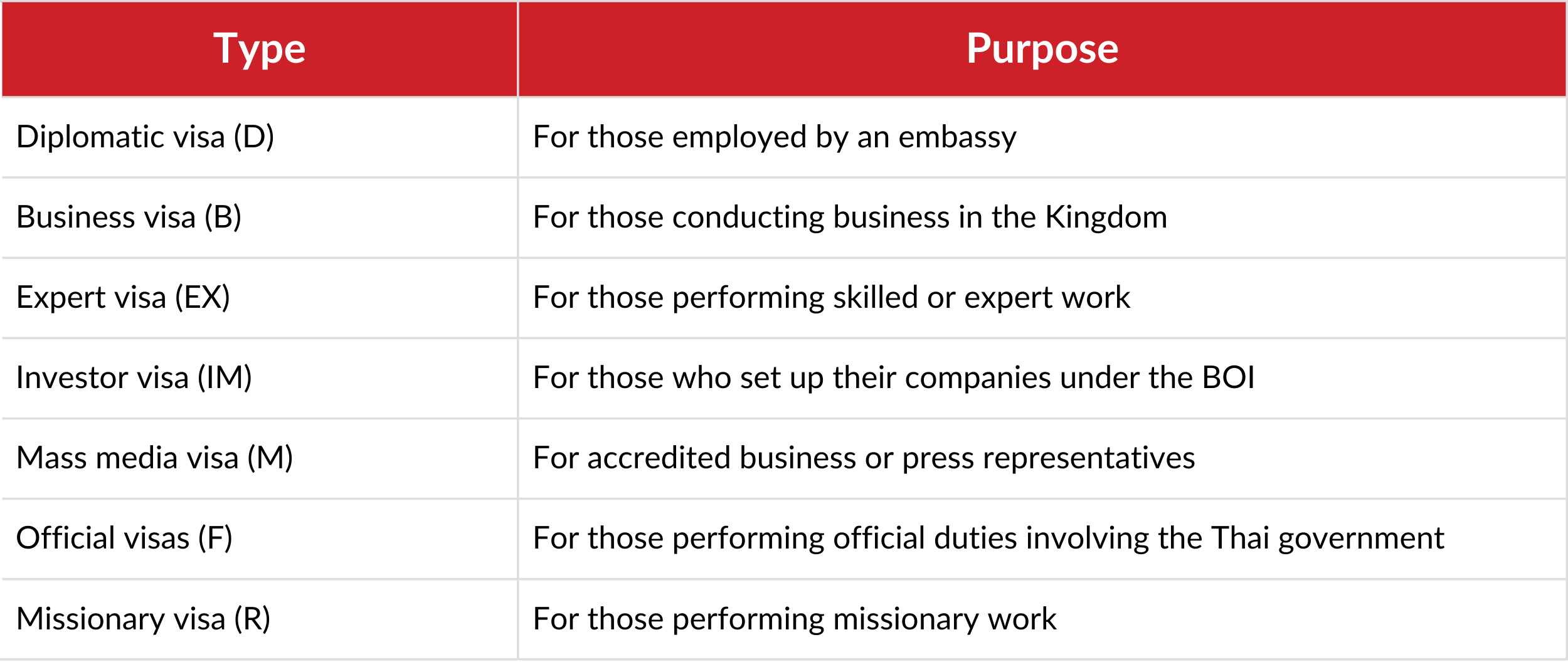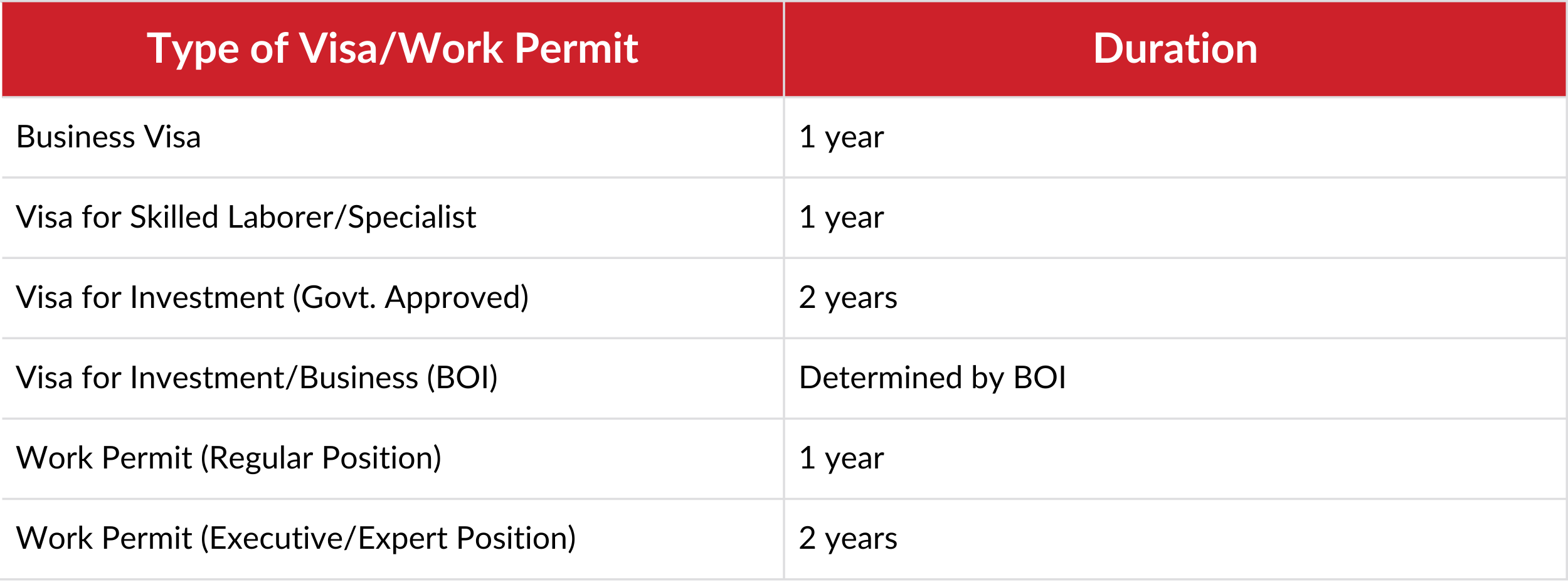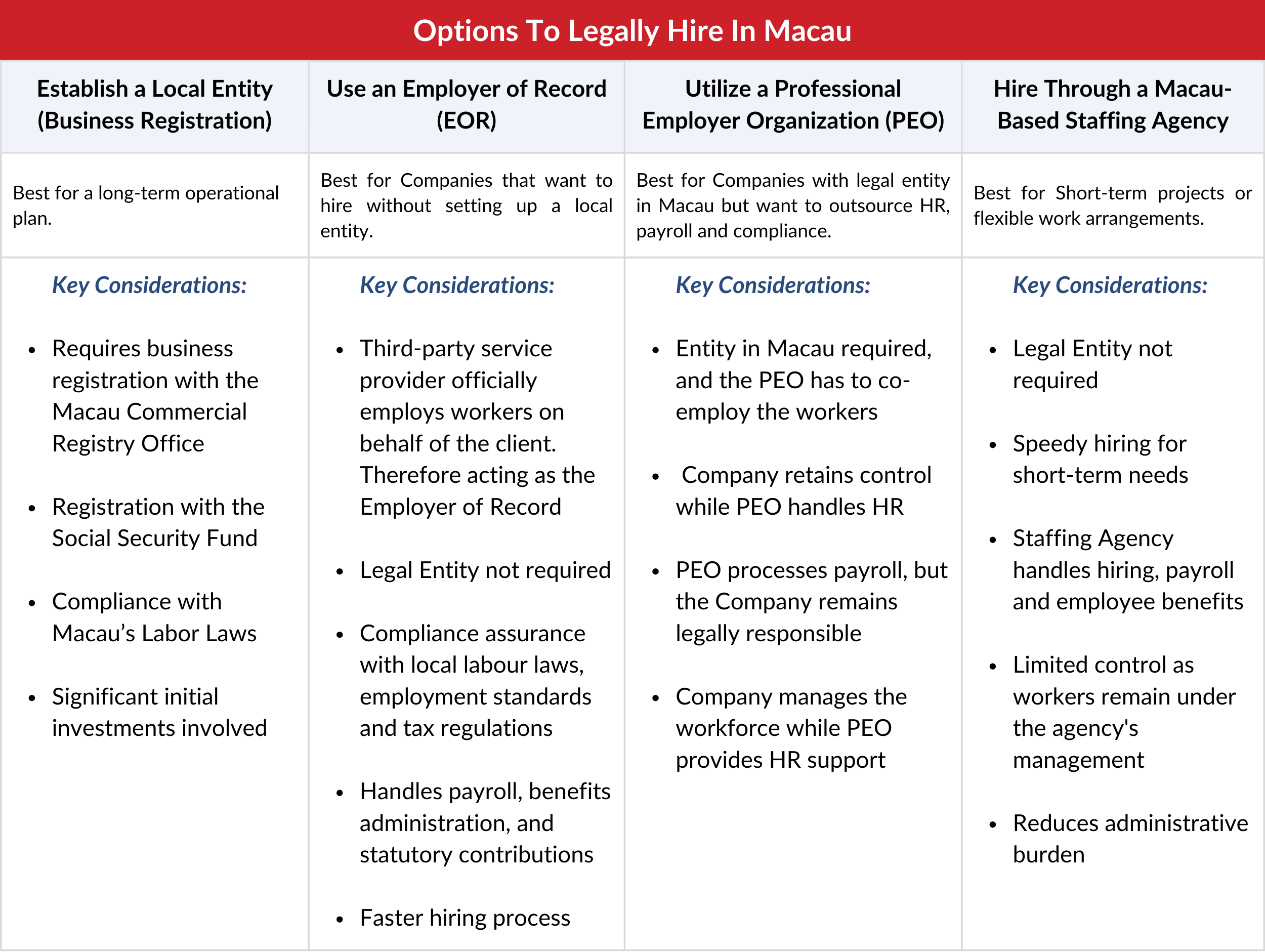Vietnam’s Manpower Laws: Key Insights for New Employers

Vietnam has steadily emerged as one of Southeast Asia’s most promising markets for foreign investment. With over 70% of its population under 35, the country has a young, skilled, tech-savvy, and growing English-proficient workforce, making it highly attractive for global businesses.
Encompassing one of the lowest labour costs in the region, including the minimum wage in Vietnam, it’s no surprise that companies across industries are setting their sights on this dynamic economy. However, entering a new market, such as through business incorporation in Vietnam, comes with it’s share of responsibilities, and in Vietnam, that begins with understanding how local labour laws operate.
Whether setting up a new business in Vietnam or hiring through an Employer of Record (EOR) in Vietnam, being familiar with key employment regulations is essential. This blog outlines key insights from core labour-related laws that Employers must understand to navigate Vietnam’s legal landscape.
Regulatory Framework in Respect of Manpower Laws in Vietnam
Vietnam’s Manpower landscape is shaped by multiple legal instruments that collectively define the rules of engagement between employers and employees, covering everything from recruitment to benefits, insurance, safety, and termination. These include:
- The Labour Code (2019) – the principal statute that governs all individual and collective employment relationships in Vietnam.
- The Employment Law (2013) – sets a broader framework for labour market development and vocational training.
- The Social Insurance Law (2014) – mandates the participation of employers and employees in Vietnam’s compulsory social insurance (SI) system.
- The Occupational Safety and Health Law (2015) – designed to safeguard workers’ physical and mental health across all sectors.
What are the Key The insights of Manpower Laws in Vietnam?
1. Employment Contracts
Ø The Labour Code recognises two types of contracts:
- Indefinite-Term Contracts – This type of contract is best suited for permanent roles, as it has no fixed term or termination date. The contract becomes indefinite after two consecutive fixed terms.
- Fixed-Term Contracts – This type of contract is ideal for project-based or temporary work, allowing for a fixed term of up to 36 months. It can only be renewed once, after which it becomes indefinite if parties continue working after expiration.
Ø Probationary Periods – Must be agreed to in writing and cannot exceed 30 days for jobs requiring vocational training and 60 days for jobs requiring college degrees or higher.
Ø Unilateral termination – Either party may terminate the contract under specific conditions, with a 30 to 45 day notice period based on the type of contract. Failure to follow proper dismissal procedures can result in legal and financial penalties.
2. Working Hours, Overtime, and Leave
Ø Standard working hours in Vietnam are up to 10 hours per day and 48 hours per week, where a weekly basis is applied. However, a 40-hour workweek is encouraged by the government.
Ø Overtime is allowed provided that:
– Employee’s overtime working hours do not exceed 50% of the regular working hours in a day.
– In the case of weekly work, the regular working hours plus overtime do not exceed
- 12 hours/day
- 40 hours/month
- 200 hours/year, extendable to 300 hours in specific sectors
Ø Employees are entitled to at least 12 days of annual leave, plus public holidays and special leave for personal reasons. Pro-rata leave applies to employees with less than 12 months of service.
Ø The Act also provides for an increase of 1 day annual leave with every 5 years of employment with the same employer.
3. Social Insurance
Under the Social Insurance Law 2014, all employers are required to contribute to the following for all employees with contracts of at least one month:
- Social Insurance (SI): SI covers sickness, maternity, occupational accidents, retirement, and death.
- Health Insurance (HI): HI provides coverage for medical examination, treatment, and hospitalisation costs, ensuring employees have access to essential healthcare services.
- Unemployment Insurance (UI): UI offers income replacement during unemployment.
These contributions support retirement, maternity, sickness, unemployment, and medical coverage. They apply to all employees with contracts of one month or more.
4. Safe Workplaces
Employers are legally responsible for ensuring a safe and healthy working environment under the Occupational Safety and Health Law 2015. This includes:
- Risk Prevention: Employers must conduct risk assessments, establish safety protocols, and regularly inspect workplace hazards.
- Training: Mandatory safety and hygiene training must be provided, particularly for roles involving hazardous materials or equipment.
- Medical Surveillance: Annual health checks are required, with increased frequency for high-risk occupations.
- Accident Reporting and Compensation: Serious workplace injuries must be reported to labour authorities within 24 hours. Employees who are injured on the job are entitled to treatment and financial compensation, which is based on the severity and cause of the injury. Employers who hire employees in Vietnam should be aware of these obligations to ensure compliance with local labour laws.
Promoting a culture of safety is not only a legal mandate but also a vital component of employee retention and brand reputation.
5. Hiring Foreign Employees
Vietnam allows hiring foreign professionals, but only for roles where local expertise is unavailable. Employers, often with the help of recruitment services in Vietnam, must justify the hire and obtain a work permit before the employee begins work.
Commonly approved positions include
- Managers and executives
- Technical experts
- Project consultants
6. Legal Protections for Vulnerable Workers
Vietnam’s labour system includes targeted protections for women and vulnerable workers:
- Female employees with children under 12 months get a 60 minute daily break for nursing
- Women are also entitled to menstrual leave – minimum 3 days/month with a 30 minute daily break
- Anti-discrimination provisions mandate equal opportunities and prohibit bias in recruitment processes.
Employer Tips for Compliance
- Update internal policies to reflect gender protections and anti-discrimination rules.
- Use bilingual contracts that specify the governing language and always align contract terms with statutory requirements.
- Keep detailed records of working hours and leave to stay audit-ready and prevent disputes.
- Ensure monthly payments are submitted on a timely basis. Non-compliance can lead to significant back-pay demands and legal consequences.
- Safety procedures are mandatory. Implement a compliance-first culture to protect both your workforce and your reputation.
- Partner with a licensed EOR or legal provider to handle permit applications and ensure proper onboarding.
Why Compliance Matters More Than Ever?
Labour laws in Vietnam are actively being aligned with global standards, thanks in part to trade agreements and international economic integration. Compliance is more than just a box to tick for foreign businesses – it’s a foundation for sustainable growth.
Poor labour practices can result in penalties, reputational harm, and even the suspension of a business license. On the other hand, a compliant employer is viewed as trustworthy, ethical, and future-ready.
Read our expert guide on : Minimum Wage Trends in 2025
How Can the Galaxy Group Help?
At Galaxy Group, we specialise in making international hiring simple, compliant, and seamless. As a trusted Employer of Record (EOR) and corporate solution provider, we help you:
- Draft legally sound employment contracts
- Manage payroll in Vietnam and social insurance contributions
- Navigate complex hiring procedures for foreign workers
- Maintain a compliant and safe work environment
Whether you’re hiring one employee or building a whole team in Vietnam, Galaxy Group offers the local expertise and operational support to help you scale confidently.
Final Thoughts
Vietnam is a compelling destination for global business – but success starts with respecting the rules. By understanding the country’s labour laws and proactively managing compliance, you protect your employees, your business, and your long-term investment.
And with Galaxy Group by your side, you’ll always be one step ahead.
Disclaimer: This blog is for informational purposes only and does not constitute any legal advice.
FAQ’S
Can foreign workers be employed in Vietnam?
Yes, foreign workers can be employed in Vietnam by obtaining a work permit from the relevant authorities, and only for positions that cannot be filled by Vietnamese nationals. Common eligible roles include managers and executives, technical experts, and consultants.
What are employers' obligations regarding workplace safety in Vietnam?
Employers must conduct risk assessments, implement safety protocols, provide mandatory training on occupational health and safety, and offer annual medical check-ups. They must report serious workplace accidents within 24 hours to the authorities and provide compensation if applicable.
What compulsory insurance schemes must employers contribute to?
Employers must contribute to Social Insurance, Health Insurance, and Unemployment Insurance for employees with contracts of at least one month.
These cover benefits such as maternity, sickness, accidents, retirement, and job loss.
How should employment contracts be structured in Vietnam?
Employment contracts must be in writing, clearly stating job roles, salaries, working hours, benefits, and termination conditions. Bilingual contracts (English and Vietnamese) are highly recommended for foreign employers.











